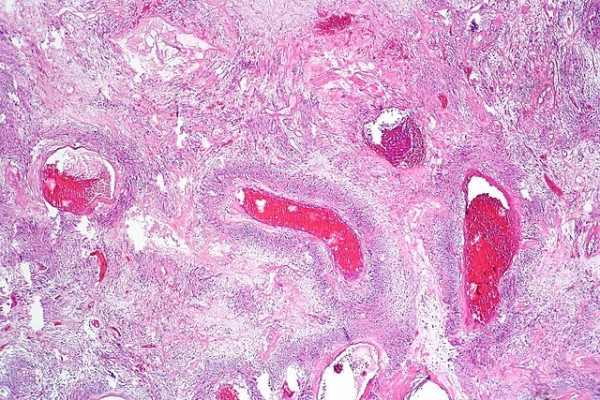Researchers Detect Rapid Method of Separating ‘Tumor-Targeting T-Cells’ Could Boost Personalized Cancer Treatment
When it comes to battling cancer, some immune cells are found to be mightier than the others. However, even the best-trained eye in the advanced scientific tools today struggle in discerning the most potent tumor-fighting cells among the rest.
A new strategy developed by Peng Wu, Ph.D., a scientist at Scripps Research, aims to change that-promising a new platform that could propel personalized treatments for cancer that have been stopped because of the challenges of separating the most helpful immune cells in cancer patients. This particular development is published yesterday in Cell.
According to Wu, a Department of Molecular Medicine associate professor and the study's senior author, in "many new and emerging personalized cancer treatments," the key to success is discovering sometimes-indefinable T cells that are targeting the tumor directly, then producing more of those cells outside of the bodies of patients and reintroducing them for treating the tumor.
With their simple approach to identify and separate tumor-reactive immune cells, the professor added, his hope is to be able to advance "personalized immunotherapy therapies" that are currently either too expensive or "laborious to reach their potential."
ALSO READ: Scientists Test the Combination of Immunotherapies To Eliminate Solid Tumors

An intestinal gastrointestinal stromal tumor, spindle cell type, with areas of myxoid stromal change, prominent vasculature, hemorrhage, and necrosis. H&E Stain.
The FucoID Method
This new approach is called FucoID, which is named after the fucosyltransferase enzyme, a lead role in what the study authors described as "tagging" in the sought-after immune cells' surface in order for them to be seen and captured.
The study also specified that the enzyme "is loaded onto dendritic cells," an immune cell type that shows "tumor-specific cells" in order for the scientists to identify them using a "fluorescent probe and extract them from the sample."
In experiments involving mice, the FucoID method successfully detected multiple types of tumor antigen-specific T cells, including CD4+ and CD8+ T cells, infiltrating tumors, and attacking from within.
In their study, the investigators specified that the said cells are central to specific cancer immunotherapies, which include "checkpoint inhibitors and therapies" identified as adaptive tumor-infiltrating lymphocyte or TIL transfer treatments.
DON'T MISS THIS: 6 Reasons Why You're Gaining Weight Unintentionally
Useful for Researchers and Clinicians
Co-author of the study, John Teijaro, Ph.D., also an associate professor in the Department of Immunology and Microbiology said, this approach eliminates substantial barriers to investigating tumor-specific T-cells and will be greatly useful for both researchers and clinicians.
Teijaro added this research emphasizes how the highly collaborative setting at Scripps Research is promoting "innovative solutions to intractable problems."
Wu explained that it only takes one day for the FucoID method to separate the appropriate cells compared to the current approaches that take four or five weeks.
Having the ability to take stock of these cells in a cancer patient instantly can help doctors predict success or progress of treatment, added Wu.
Furthermore, making any of these approaches faster than the present methods, which depend on "bioinformatics or genetic manipulations," can make a big difference to people with cancer.
Wu is currently working with the UC San Diego clinicians to use FucoID in isolating the T cells desired, from samples of human patients' tumors, with the goal of ultimately applying the method to a clinical test to treat cancer.
Commenting on this development, Wu said they believe, "FucoID has a potential to be translated" to a clinical environment for the discovery and separation of tumor-reactive immune cells, eventually paving the way for reducing the personalized cancer treatment's cost and accessibility.
IN CASE YOU MISSED THIS: Is Excessive Exercise Linked to Eating Disorders? Here's What Studies Say
Check out more news and information on Cancer on MD News Daily.
Oct 23, 2020 12:00 PM EDT





